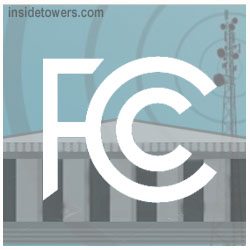
Blockchains are distributed databases that can be updated securely without need for intermediaries, she posits in an OpEd published in Wired. As wireless use proliferated over the past two decades, the FCC generally sold licenses for exclusive use at auction. “The highest bidder would walk away from an auction of specific spectrum bands with the right to exclude others and to use the airwaves they secured any way they saw fit,” she writes. The agency kept some bands available for public use and this unlicensed spectrum is where most WiFi access takes place.
But as dependence on wireless technologies expands, the demands on our airwaves are growing, too, which means it’s time for spectrum policy to evolve, Rosenworcel says. That is happening as the agency carves out more spectrum for wireless use, but the “old binary system of licensed or unlicensed airwaves needs a reboot.”
She cites the Commission’s decision three years ago to keep a sliver of the 3.5 GHz band open for mixed use, giving licensed and unlicensed users access to the spectrum on a shared basis. Then, the agency proposed spectrum access systems to dynamically manage the different kinds of wireless traffic.
Spectrum access systems are advanced, automated radio spectrum coordinators tasked with protecting priority users in the band while optimizing efficient use of available spectrum for everyone else. They keep lists of all the devices that want spectrum access, including type and geographic location. The system then uses this data to assign specific frequencies, manage power levels and prevent interference.
Blockchain would do the job even more efficiently and cost less, Rosenworcel suggests. “Plus, new models for short-term leasing of our airwaves could emerge and expand the range of wireless uses.”
“That may seem out there, but then again, there was a time when the app store was a small place, rather than a megamarket filled with anything and everything. So let’s consider how blockchain can help remake spectrum access,” she writes.
March 21, 2018



Reader Interactions